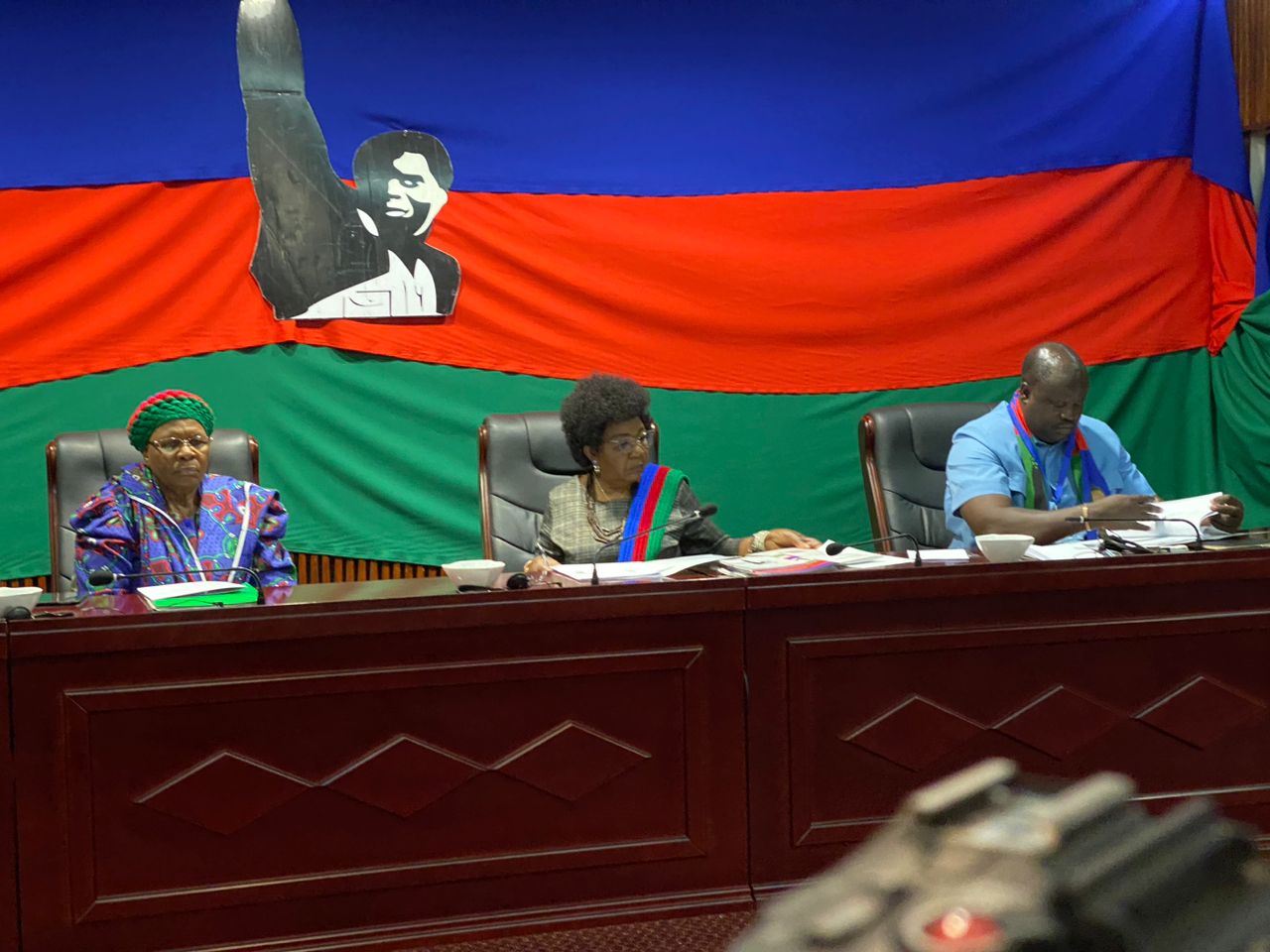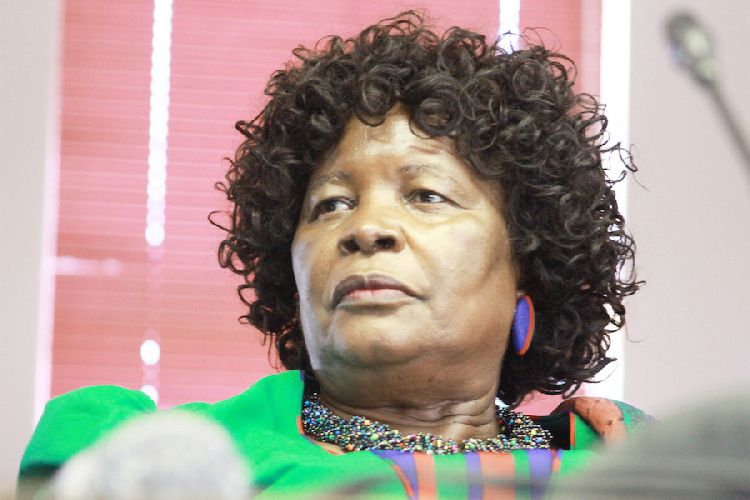BEIJING – China on Friday renewed its criticism of new IMF rules on exchange rate surveillance, saying they had been pushed through by powerful developed countries and could harm the fund’s reputation.
The rules mark the first revision to the International Monetary Fund’s surveillance framework in 30 years and follow criticism by the United States, in particular, that the IMF needs to play a more aggressive role in monitoring exchange rates. China is angry because it feels the guidelines, which will make it easier for the fund to determine whether a country is manipulating its currency, have been crafted to help Washington press its case that the yuan is undervalued.Ge Huayong, China’s director on the IMF board, said that because developing countries disagreed over some basic issues, differences in understanding may arise when it comes to policy evaluation and advice.”If concepts and methods are used that are inaccurate or not widely accepted, the reputation and supervisory role of the IMF may be weakened,” Ge told the official Xinhua news agency in Washington.In a thinly veiled reference to the United States and its policy towards the dollar, Ge said the IMF’s supervision of “reserve currency-issuing countries” had been inadequate.”Supervision under the new rules will put greater pressure on emerging market countries but will have little impact on developed countries.This is quite unfair,” Ge told Xinhua.The central bank criticised the rules on Wednesday in a rare English-language statement.”China’s stance has received support and understanding from some developing countries, but due to the push by a tiny number of developed countries with major voting power in the IMF, the decision still passed.This is regrettable,” Ge said.Nampa-ReutersChina is angry because it feels the guidelines, which will make it easier for the fund to determine whether a country is manipulating its currency, have been crafted to help Washington press its case that the yuan is undervalued.Ge Huayong, China’s director on the IMF board, said that because developing countries disagreed over some basic issues, differences in understanding may arise when it comes to policy evaluation and advice.”If concepts and methods are used that are inaccurate or not widely accepted, the reputation and supervisory role of the IMF may be weakened,” Ge told the official Xinhua news agency in Washington.In a thinly veiled reference to the United States and its policy towards the dollar, Ge said the IMF’s supervision of “reserve currency-issuing countries” had been inadequate.”Supervision under the new rules will put greater pressure on emerging market countries but will have little impact on developed countries.This is quite unfair,” Ge told Xinhua.The central bank criticised the rules on Wednesday in a rare English-language statement.”China’s stance has received support and understanding from some developing countries, but due to the push by a tiny number of developed countries with major voting power in the IMF, the decision still passed.This is regrettable,” Ge said.Nampa-Reuters
Stay informed with The Namibian – your source for credible journalism. Get in-depth reporting and opinions for
only N$85 a month. Invest in journalism, invest in democracy –
Subscribe Now!






